Search
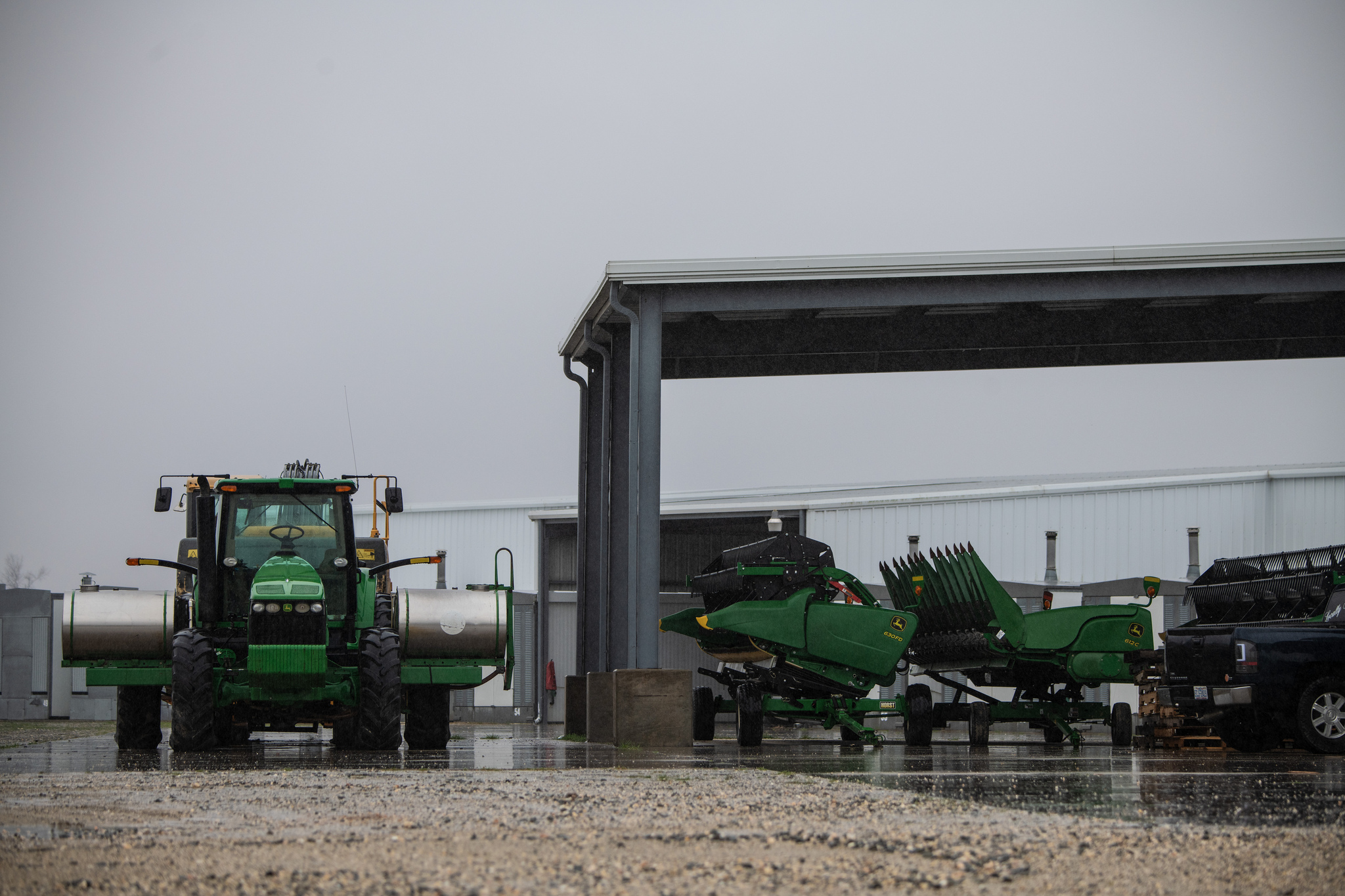
Overproducing us Out of Business
There seems to be a misconception nowadays in much of the public that in order for agriculture to be sustainable in the future, there is a need to go organic. Organic agriculture can be sustainable, but so can traditional agriculture.
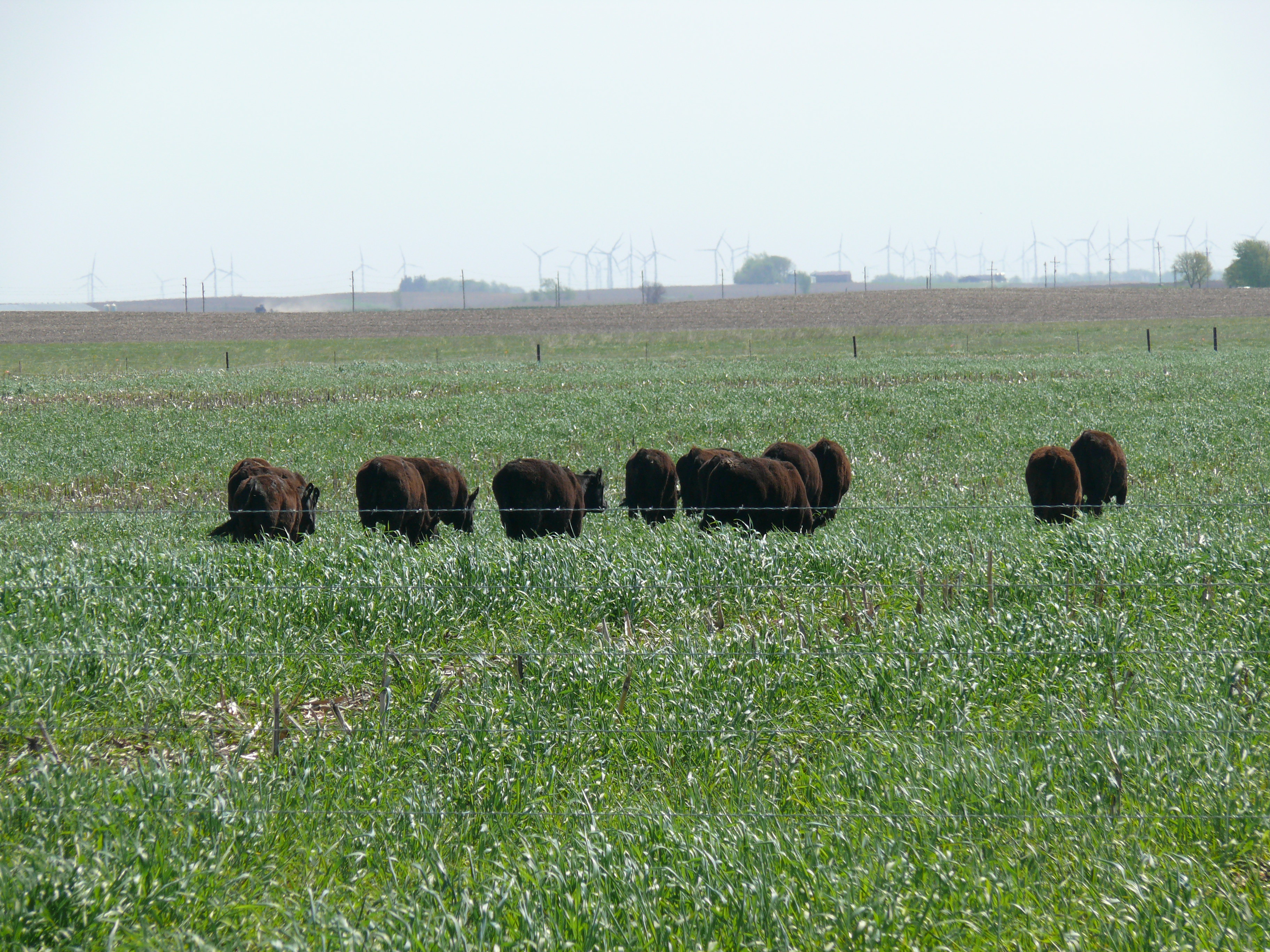
Cover Crops & Livestock Integration: A Profit Opportunity for S.D. Farms
Cover crops have been gaining a reemerging acceptance over the last decade, with very few producers disagreeing about the potential soil health benefits of adding cover crops to their farming operation.

2018 Field Plot Summaries for Wheat Disease Management Trials
The wheat disease management field experiments conducted in the 2018 growing season evaluated several experimental and commercially available fungicides for managing foliar, head or root diseases of spring wheat. Foliar and spike/head diseases incidence and severity were assessed. The field experiments were implemented at Volga Research Farm and Northeast Research Farm (NERF) near South Shore, SD. Results of the same experiment may vary between Volga and Northeast due to environmental differences between the two locations.
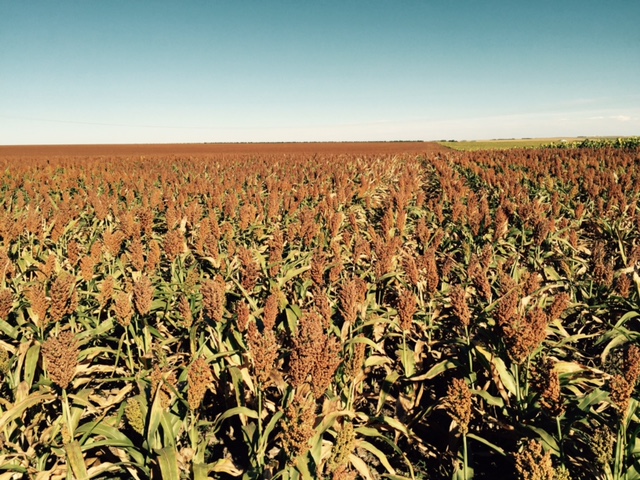
Sorghum Weed Control
Early competition, especially from grass, is critical for successfully controlling weeds in sorghum. There are preemergence as well as postemergence herbicides available for this crop. Early treatment provides the best control of broadleaved weeds with crop stage also being a critical factor for some postemergence treatments.

Recommended Soil Sampling Methods and Instructions
Proper collection of soil samples is extremely important as the accuracy of the soil test depends on the quality of the soil sample provided to the lab.
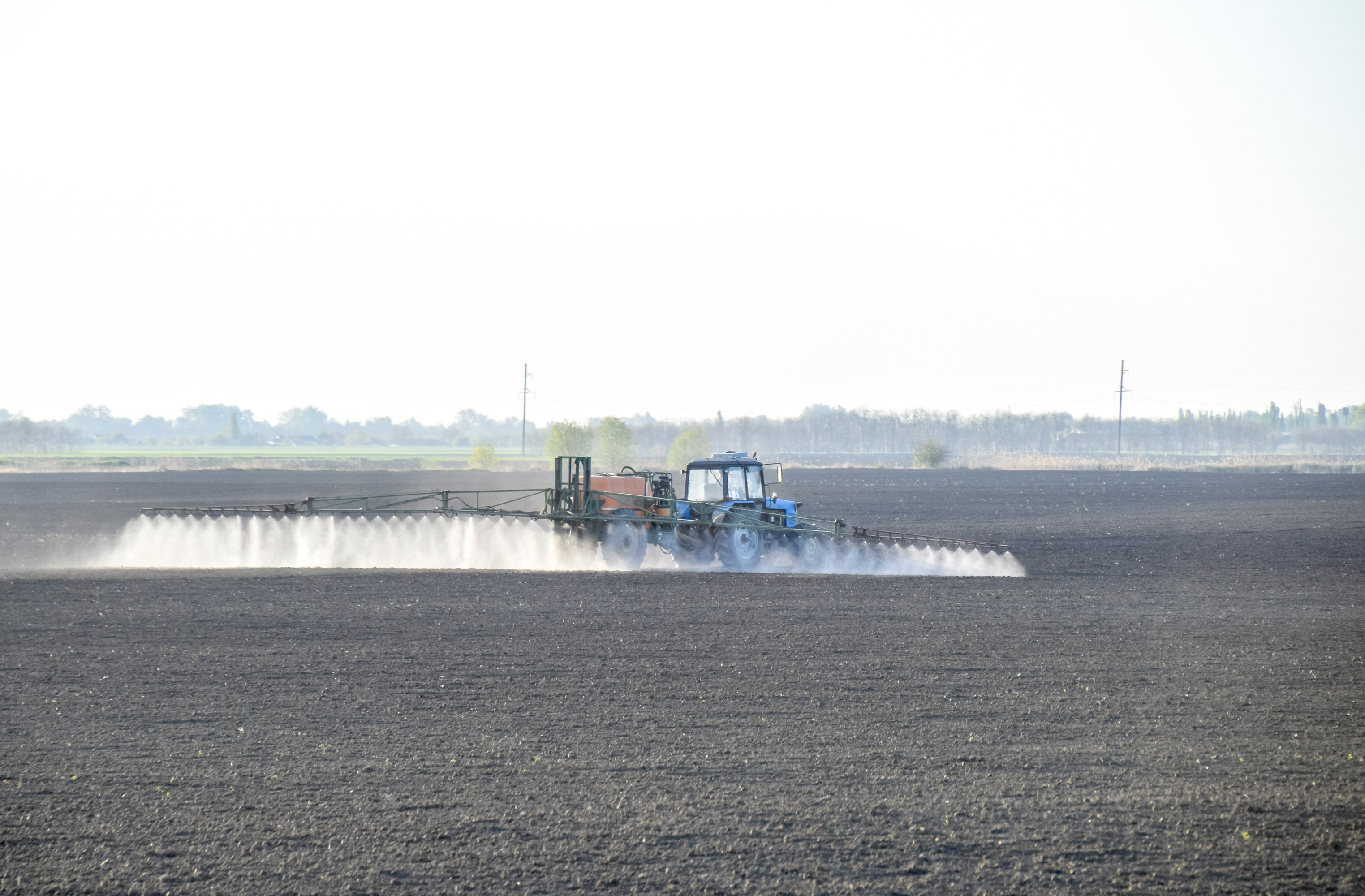
Herbicide Rotation Restrictions
This is a quick reference guide to common herbicides and their rotation restrictions for selected crops.

2019 Survey South Dakota Corn Nutrient Management Practices
Data from the 2019 survey South Dakota farmers was used to examine how local and operational characteristics such as geographic location within SD, tillage practice, and farm size were related to the adoption of various nutrient management practices.
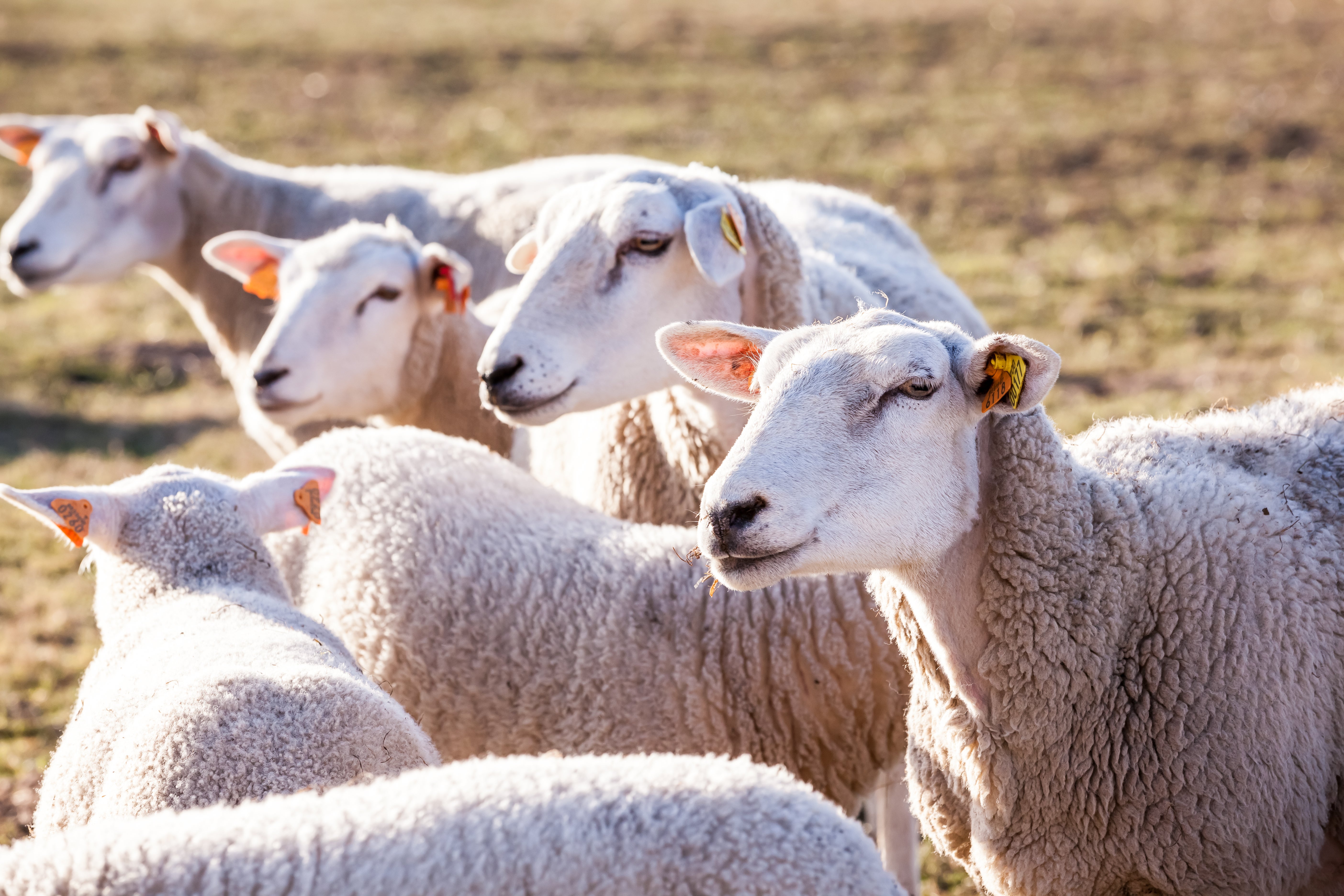
How to Trim Sheep and Goat Hooves
Guide on how to trim sheet and goat hooves

Youth for the Quality Care of Animals (YQCA) in South Dakota 4-H resources
About YQCA – the national program
Youth for the Quality Care of Animals (YQCA) is a national multi-species quality assurance program for youth ages 8 to 21 with a focus on three core pillars: food safety, animal well-being, and character development. The YQCA program is an annual certification created for youth producing and/or showing beef cattle, dairy cattle, sheep, meat goats, dairy goats, swine, poultry, and rabbits. The program has been designed by extension specialists and national livestock program managers to ensure it is accurate, current and relevant to the needs of the animal industry and shows, and is appropriate for youth learning levels.
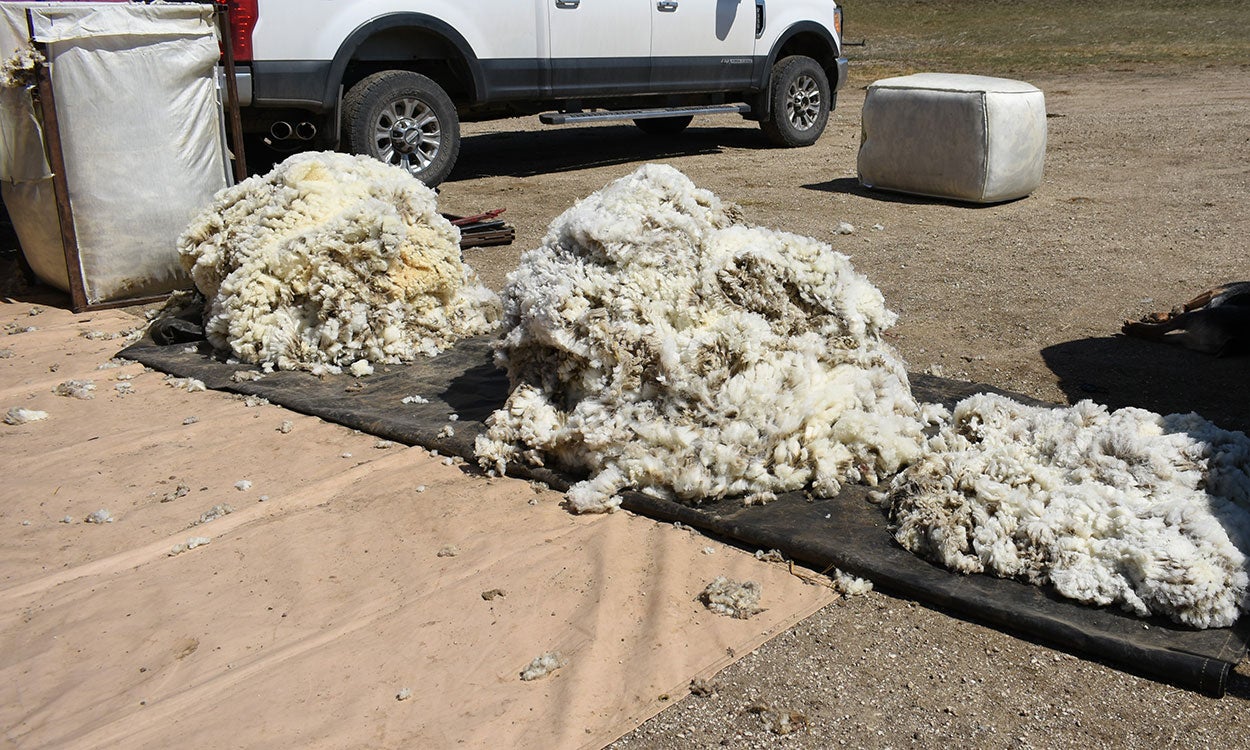
Considerations for Increasing Wool Value
The wool market continually rewards those who emphasize high-quality production. Efforts to increase wool clip value can be made through regular management practices and proper wool clip preparation at shearing.